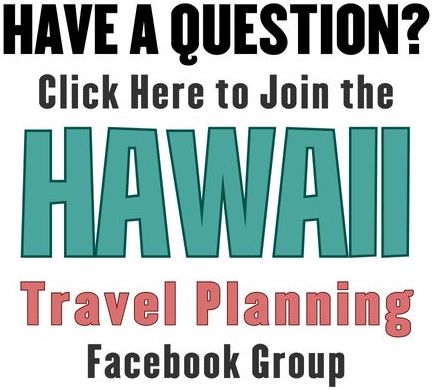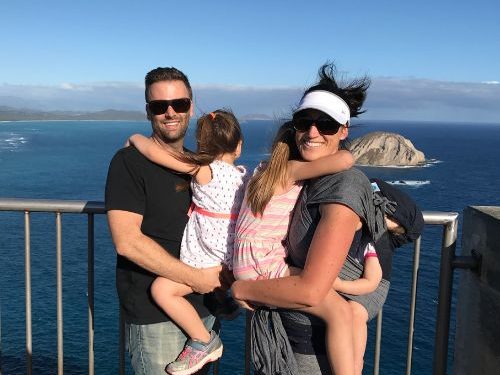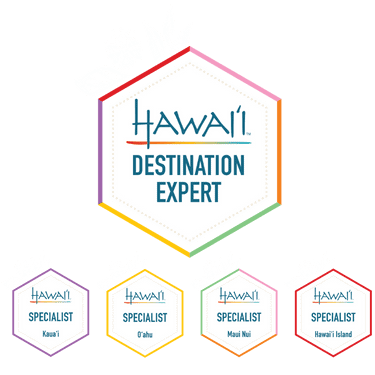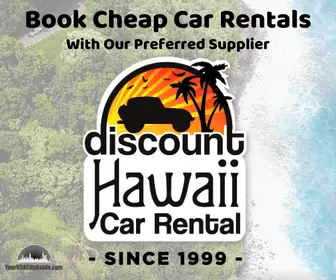Episode 99: 7 Essential Things to Know Before Visiting Hawaii
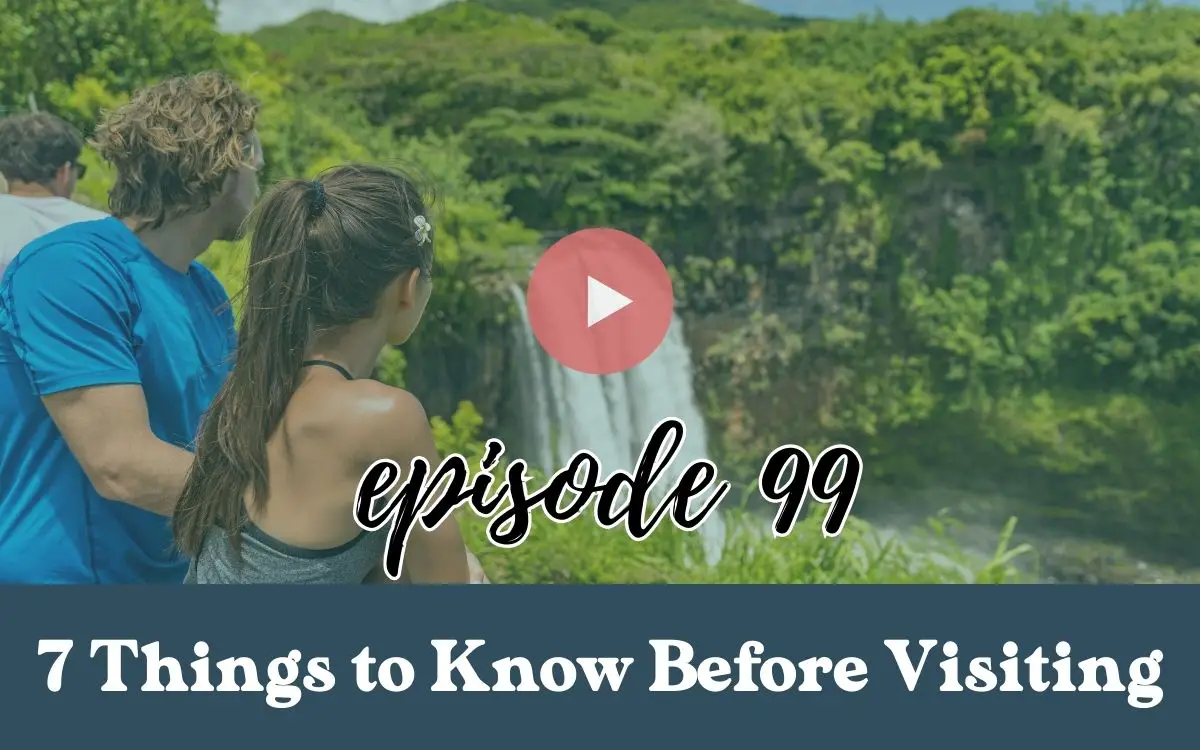
Embarking on a Hawaiian adventure? Dive deep into the heart of the islands with this quick guide. There are some essential things you need to know before stepping off the plane in Hawaii.
Planning a trip to Hawaii? Have any questions? Join our Hawaii’s Best Travel Facebook group here now! It’s the perfect place to ask any questions and to be inspired!
This post may contain affiliate links, meaning that I may earn a commission if you use a link provided.
This post gives general info and isn’t legal or authoritative advice. It helps travelers with tips but can’t replace personal abilities, fitness, experience, or local knowledge. Marine activities have risks; assess conditions and follow local laws.
Things to Know Before Visiting Hawaii
1. Embracing the Spirit of Aloha: The Lei Tradition
The lei—a floral garland—is more than just a beautiful accessory in Hawaii. It’s an emblem of aloha, symbolizing love and affection. When offered a lei, accept it with a gracious smile. Wearing it signifies your respect and appreciation for Hawaiian traditions.
2. Eco-Conscious Travel: The Plastic Bag Ban
To protect and maintain the beauty of Hawaii, the state has implemented a plastic bag ban. As an eco-conscious traveler, always have a reusable bag on hand for your shopping needs.
3. Marine Life
Hawaii’s waters are teeming with marine wonders—from playful dolphins to the majestic green sea turtles. While it’s tempting to get up close, it’s paramount to observe from a distance, ensuring their habitats remain undisturbed.
4. Ocean Safety: Swim Smart and Sunscreen Right
The blue waters of Hawaii are inviting, but remember, they can be unpredictable. Prioritize safety by choosing beaches with lifeguards. And when it comes to sun protection, opt for reef-safe sunscreens. Traditional sunscreens can harm the delicate coral ecosystems, so Hawaii has made the switch to protect its marine life.
5. Learn Simple Hawaiian Phrases
Immerse yourself deeper into the Hawaiian experience by picking up common phrases. A simple “aloha” (hello/goodbye) or “mahalo” (thank you) can bridge the gap between visitor and local, making your interactions more meaningful.
6. The Made in Hawaii Festival
If your travels take you to Oahu, the Made in Hawaii Festival in Honolulu is a must-visit. Revel in the authentic Hawaiian culture, savor local cuisine, and discover unique products that capture the essence of the islands.
7. Tread Lightly: Respecting Land and Sacred Sites
Hawaii is a land of natural wonders and sacred spaces. Whether you’re hiking up trails or visiting historical sites, always be mindful of local customs and laws. Leave no trace behind and ensure your presence is respectful and non-intrusive.
In Summary:
A Hawaiian vacation promises unparalleled experiences, but the true magic lies in immersing oneself in its culture and traditions. By being informed and respectful, you not only enrich your own journey but also contribute positively to the islands. Dive deep, explore with an open heart, and let Hawaii’s magic envelop you. Mahalo for joining us on this guide, and aloha until our paths cross again!
Episode Resources
- Hawaii in September
- Made in Hawaii Festival
- Hawaiian words to know
- Hā’iku Stairs (Stairway to Heaven)
Self-Guided Island Tours
Episodes to Prepare for Your Visit
- Episode 70 – How to Volunteer in Hawaii
- Episode 55 – How to Travel Responsibly to Hawaii
- Episode 56 – Hawaii Island’s Pono Pledge
- Episode 35 – 5 Things to Not Do in Hawaii
- Episode 18 – 5 Things to Know Before Your Trip to Hawaii
Travel Pono (responsibly)
Connect With Us
- Buy Me a Coffee
- Send Us a Message with any questions about Hawaii
- Hawaii’s Best Instagram
- Join our Hawaii’s Best Travel Facebook group here now! It’s the perfect place to ask any questions and to be inspired!
Bumper music, Ukulele and Chill, provided by Coby G (used with permission)
Bumper music, Aloha Friday, provided by Clay D (used with permission)
Spread Aloha
- Leave an honest review on Apple Podcasts
- Follow the Show on Apple Podcasts
[fusebox_transcript]
Bryan Murphy is the creator of Hawaii’s Best Travel and a Certified Hawaii Destination Expert through the Hawai‘i Visitors Bureau. He’s an active member of the Hawai‘i Visitors and Convention Bureau and continues ongoing education focused on Hawaiian culture, history, and sustainable travel. As the host of the “Hawaii’s Best Travel” podcast—one of the top travel podcasts in the U.S.—Bryan shares practical, respectful guidance to help visitors experience Hawai‘i in a more meaningful way. His work reaches nearly half a million people across podcast, blog, and social media.


